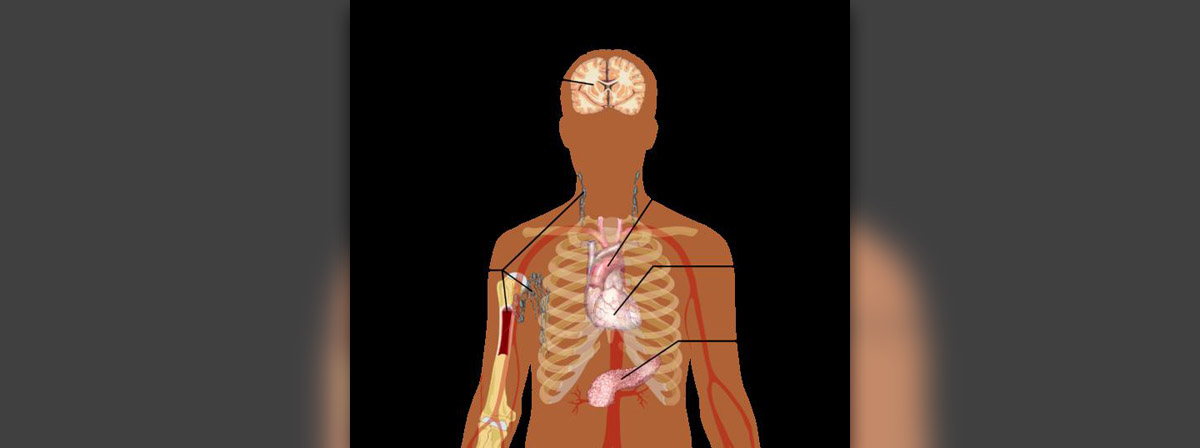
Goiter is a condition characterized by abnormal enlargement of the thyroid gland. Thyroid gland is located on the base of the neck and it is in the shape of a butterfly. Inability to produce enough thyroid hormone or some unidentified reason may provoke enlargement of the gland and cause simple goiter. People suffering from iodine deficiency may also develop this condition (rare in the United States) or another form of this problem, known as colloid goiter. Aminoglutethimide and lithium are medications found out to cause goiter in some people.
People older than 40 years of age, especially women who have someone in the family suffering from goiter are more likely to develop goiter themselves. As mentioned, lack of iodine in the diet may also provoke similar problem with the thyroid gland.Recognize Goiter Symptoms and Possible Complications
Swollen thyroid gland at the base of your neck, just below Adam’s apple will always make your doctor suspect you are suffering from goiter. It can be small or rather big lump on the neck, depending on the severity of the problem. If the goiter is very large, it may provoke breathing problems because of the extra pressure it exerts to the airways. Hoarse voice, cough and swallowing problems could also affect these patients. In some cases, patents may experience dizziness and swelling of the neck vein when they try to raise their arms high up.
Small swelling of the thyroid gland should not be a cause for concern, especially if the person doesn’t have any symptoms. Larger goiters are known to affect the voice and breathing and this might be a problem. Hypothyroidism and hyperthyroidism can also result in formation of goiter. In these cases patients may have symptoms such as sleeping problems, increased irritability, fatigue and unintentional weight loss or weight gain, which can cause further problems for some patients.
Goiter Treatment
Observation is recommended for small goiters without any apparent symptoms and if the gland functions normally. Medications are required for goiter caused by either underactive or overactive thyroid gland, so the doctors may recommend levothyroxine to replace missing thyroid hormones or some other drugs to manage hyperthyroidism. Thyroid inflammation is mostly treated with Aspirin or corticosteroids.
Larger goiter may need surgical removal of one part or complete thyroid gland, while radioactive iodine therapy is used in the treatment of hyperthyroidism. Goiter caused by diet needs to be managed with careful intake of proper amount of iodine.
- medlineplus.gov/ency/article/000317.htm
- www.nhs.uk/conditions/goitre/treatment/
- Photo courtesy of Drahreg01 by Wikimedia Commons: commons.wikimedia.org/wiki/File:Struma_001.jpg






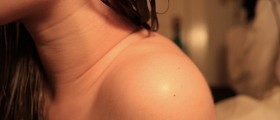

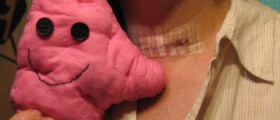

-And-Children-16-Warning-Signs-And-Symptoms_f_280x120.jpg)

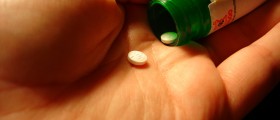
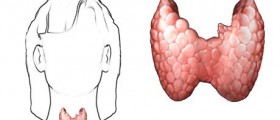



Your thoughts on this
Loading...